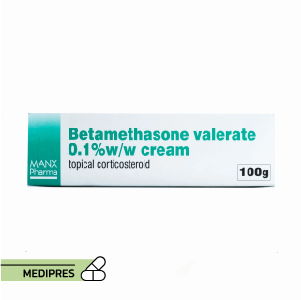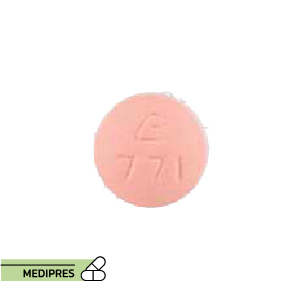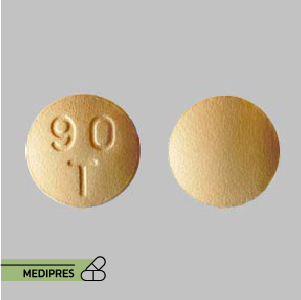
Beclomethasone
23 June, 2023
Besponsa
23 June, 2023Belladonna alkaloids and phenobarbital
Generic name:
Belladonna alkaloids and phenobarbital
Drug class:
Anticholinergic agents (Belladonna alkaloids) and Barbiturate (Phenobarbital)
Dosage form:
- Oral tablets
- Oral capsules
- Oral elixirs or suspensions (varies by product)
Root of administration:
Oral
Dose:
- Adults: Typically 1 to 2 tablets or capsules taken 3 to 4 times daily; dose varies depending on product formulation
- Children: Dose is weight-based and varies; generally not recommended for very young children without medical supervision
- Dose adjustments may be necessary based on symptom severity and tolerance
- Specific dosing varies by indication; consult label
Mechanism of action:
Belladonna alkaloids act as anticholinergic agents by competitively inhibiting muscarinic acetylcholine receptors, reducing smooth muscle spasms and decreasing secretions. Phenobarbital is a barbiturate that enhances GABAergic neurotransmission, producing sedative and anticonvulsant effects, thereby reducing nervous system excitability and providing symptom relief.
Drug usage cases:
- Management of gastrointestinal spasms and cramping
- Treatment of irritable bowel syndrome (IBS) symptoms
- Adjunctive therapy for sedation in certain gastrointestinal disorders
- Relief of pain associated with smooth muscle spasms
- Off-label: Certain types of functional bowel disorders
- Varies by indication; consult label
Drug contra indications:
- Hypersensitivity to belladonna alkaloids, phenobarbital, or any component of the formulation
- Glaucoma, especially narrow-angle glaucoma
- Obstructive uropathy (e.g., urinary retention)
- Myasthenia gravis
- Severe respiratory depression or pulmonary insufficiency
- Severe hepatic impairment
- Porphyria
- Children under 2 years of age (due to risk of respiratory depression and severe side effects)
- Concurrent use with other CNS depressants or alcohol (for phenobarbital component)
Side effects:
- Dry mouth
- Blurred vision
- Constipation
- Urinary retention
- Dizziness
- Confusion or cognitive impairment
- Drowsiness or sedation
- Headache
- Nausea and vomiting
- Palpitations or tachycardia
- Skin rash or allergic reactions
- Respiratory depression (especially with phenobarbital overdose)
- Dependence or withdrawal symptoms (with prolonged phenobarbital use)
- Ataxia or impaired coordination
- Increased intraocular pressure
- Confusion, especially in elderly or debilitated patients
Warnings:
- Use cautiously in elderly or debilitated patients due to increased risk of confusion, sedation, and falls
- Potential for CNS depression when combined with other sedatives, alcohol, or CNS depressants
- May impair mental alertness; avoid driving or operating machinery until effects are known
- Risk of dependence and withdrawal reactions with prolonged phenobarbital use; do not stop abruptly
- Use caution in patients with hepatic or renal impairment
- May exacerbate myasthenia gravis symptoms
- Avoid use in patients with untreated or unstable glaucoma
- Risk of respiratory depression, particularly in overdose or in sensitive populations
- May mask symptoms of infection due to anticholinergic effects
- Use in children requires careful consideration and close monitoring
- Varies by formulation and indication; consult label
Use during pregnancy or breastfeeding:
Belladonna alkaloids and phenobarbital cross the placenta and may pose risks to the fetus. Phenobarbital is associated with potential teratogenic effects and neonatal withdrawal symptoms if used during pregnancy. The anticholinergic effects of belladonna alkaloids may reduce uterine tone and impact fetal heart rate.
Use during pregnancy only if the potential benefit outweighs the risk. Consultation with a healthcare provider is essential.
During breastfeeding, both components are excreted into breast milk and may cause sedation, respiratory depression, or other adverse effects in the nursing infant.
Use with caution or consider alternative therapies during breastfeeding.



